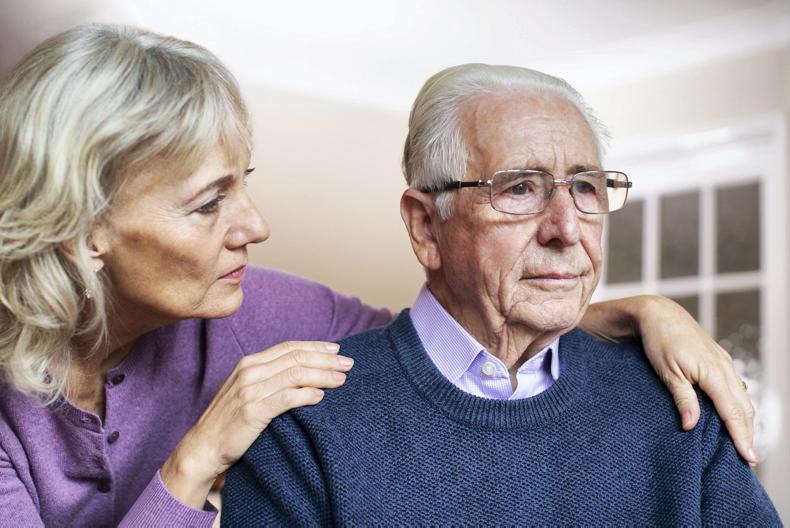LIVING with dementia can have a big emotional, social, psychological and practical impact on a person. Many people with dementia describe these impacts as a series of losses, and adjusting to them is challenging.
This page aims to give people, and carers in particular, a better understanding of what it is like to have dementia. It looks at ways to support someone to live well with the condition. It also looks at how supporting someone with dementia can affect carers.




 This is a subscriber-only article
This is a subscriber-only article
 It looks like you're browsing in private mode
It looks like you're browsing in private mode




SHARING OPTIONS: